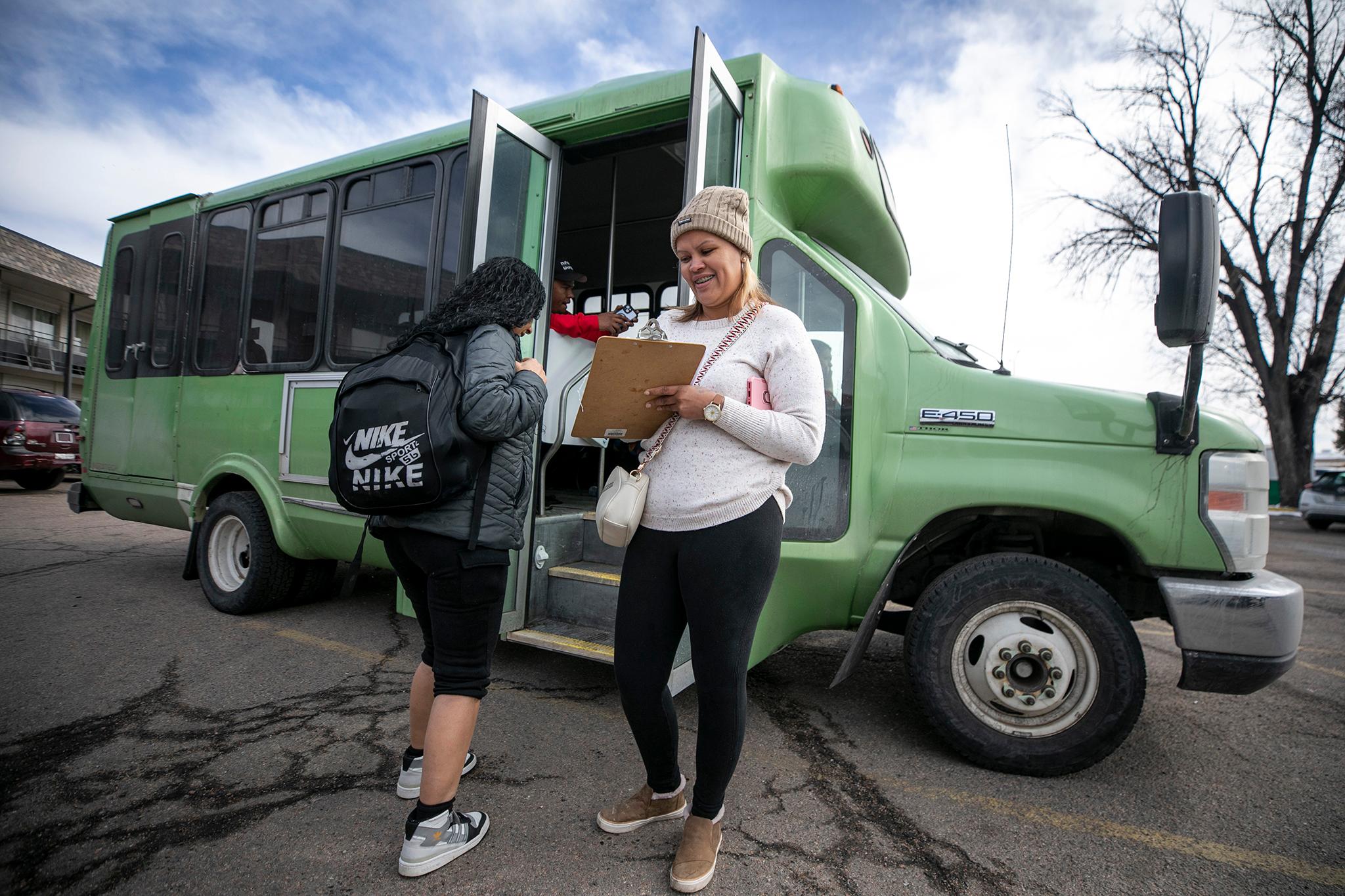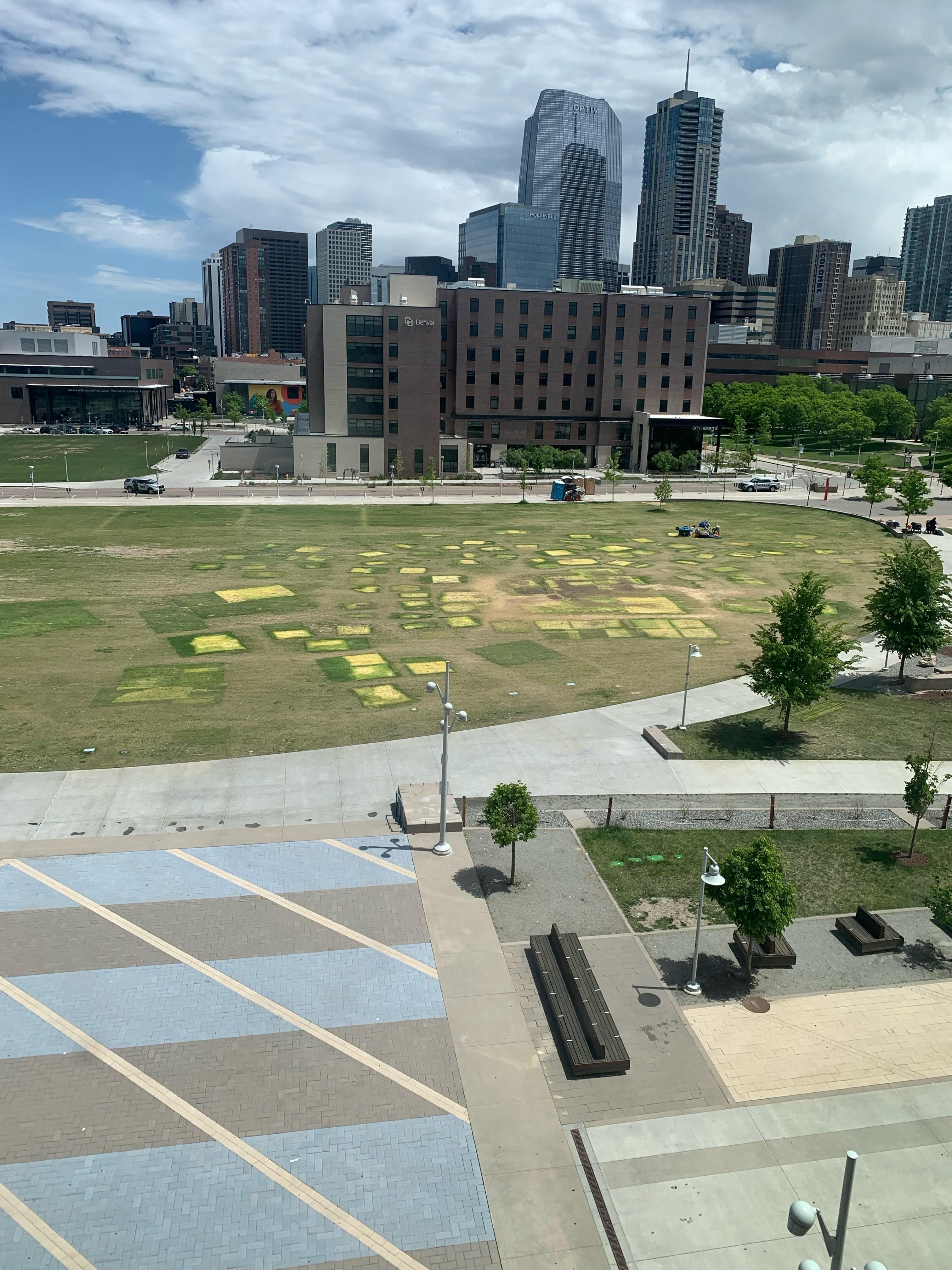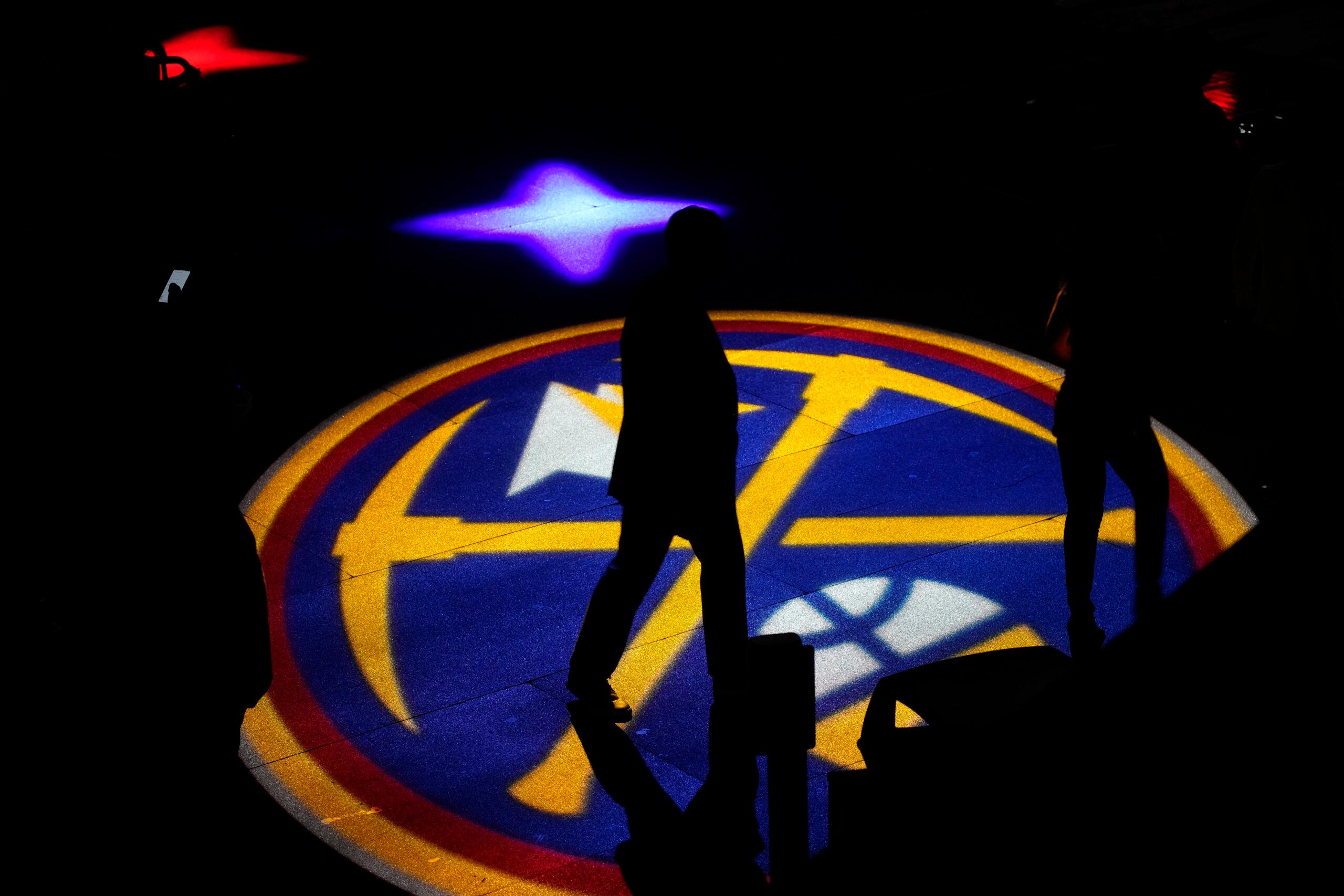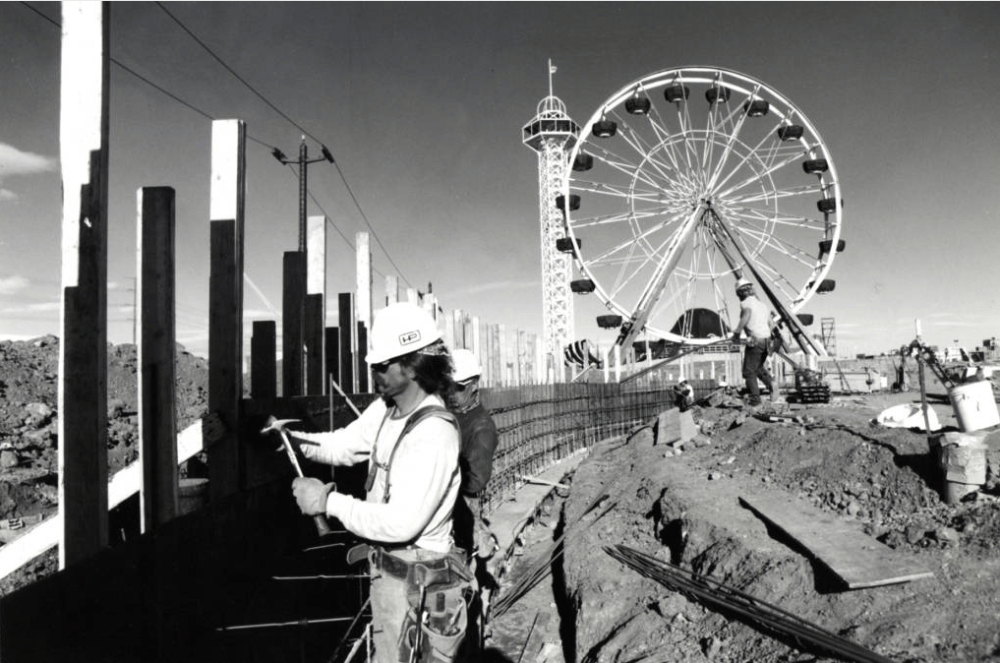
Elitch Gardens opened at its downtown Denver location on a cool May day in 1995, after seven years of planning and 11 months of construction.
Leaders at the time wanted to give the historic amusement park more room to expand than the center's former home near West 38th Avenue and Tennyson Street in West Highland allowed. Two decades later, city officials are planning what to do with all the extra land around Elitch Gardens and Theme Park.
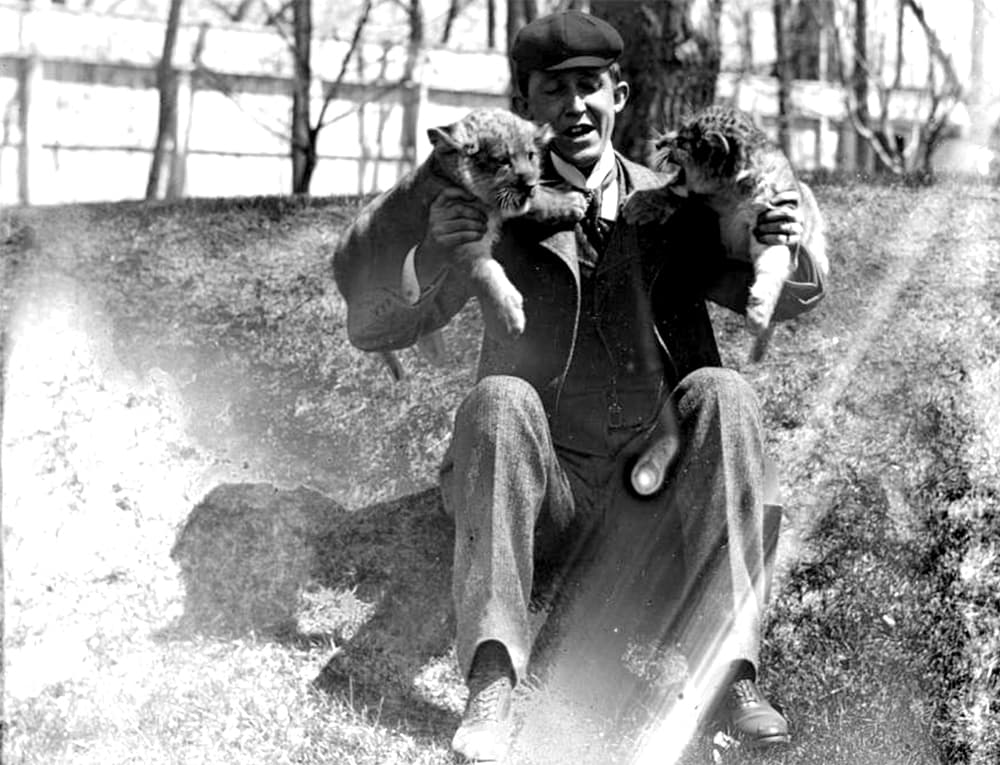
The original Elitch Gardens opened its gates to the public in 1890 after John and Mary Elitch turned their farm on the outskirts of Denver into a green oasis and zoological park to enjoy, according to a history compiled by Elitch Gardens Theme and Water Park.
In 1891, John Elitch died and Mary became the only woman in the world to own and manage a successful summer resort. In the years ahead, Mary added The Elitch Theatre, which drew Hollywood stars including Douglas Fairbanks Sr., Grace Kelly and Mickey Rooney, according to the Elitch Gardens Theme and Water Park history.

New ownership took over in 1916 and added The Trocadero Ballroom and a carousel that took master craftsmen three years to carve by hand, according to Elitch Gardens. In the decades ahead, a Ferris Wheel was erected, KiddieLand opened and the “Mister Twister” roller coaster was added.



By the 1980s, management of Elitch Gardens started talking in earnest about plans to move the park. Initially, spots in the suburbs were sought. Municipalities around Denver tried to lure the theme park. Sheridan, for example, offered a 100-acre site between South Santa Fe Drive and the South Platte River.
"In May 1986, Elitch's announced it would build a 150-acre theme park on a site near Santa Fe Drive and C-470 in Douglas County. But stiff opposition from residents of nearby Highland Ranch forced Elitch's to scrap its plans," the Rocky Mountain News reported.
Mayor Federico Peña and Denver launched a campaign to keep Elitch Gardens in the city. And by 1989, Elitch Gardens confirmed it would build on nearly 70 acres near the South Platte River and Speer Boulevard. Elitch's became the first amusement park in the United States to be built in an urban area in the United States in more than 30 years.
Denver City Council in 1993 approved loaning Elitch Gardens up to $7 million to help fund the relocation, the Rocky Mountain News reported. Altogether park management completed a $95 million financing package for the park, and began construction in 1994, according to Elitch Gardens Theme and Water Park.
The old park closed in 1994 and is now home to residences and businesses.
Revesco Properties bought Elitch Gardens in 2015 along with Kroenke Sports & Entertainment and Second City Real Estate.
The owners of Elitch Gardens think added density around the park would be good but don't have plans to relocate in anytime soon, said Rhys Duggan, president and CEO of Revesco Properties.
"We’ve got 17 acres of parking around the amusement park. That’s our focus. What do we do with that?” Duggan told Denverite in November.
In recent weeks, city planners unveiled a draft of the Downtown Area Plan Amendment. The plan Denver is working on looks at the future of the area located between Auraria Parkway and Speer Boulevard that holds some of the most visited attractions in Denver including Elitch Gardens, the Children’s Museum of Denver, the Downtown Aquarium and the Pepsi Center.
"The location next to the confluence of the South Platte River and Cherry Creek features the opportunity for open space, recreational opportunities, healthy living, and bicycle infrastructure as defining characteristics and attributes for the whole neighborhood," the plan states.
The plan calls for creating zoning and regulations for the area that promote "an active, livable neighborhood." The plan also recommends allowing taller building heights in areas that currently have height maximums and inviting pedestrian-friendly areas and apartments, offices and other buildings that could change the city's skyline.
People can take a short survey to provide feedback to the plan here: https://www.surveymonkey.com/
Want more Denver news? Subscribe to Denverite’s newsletter here bit.ly/DailyDenverite.

